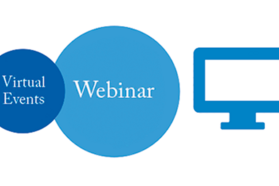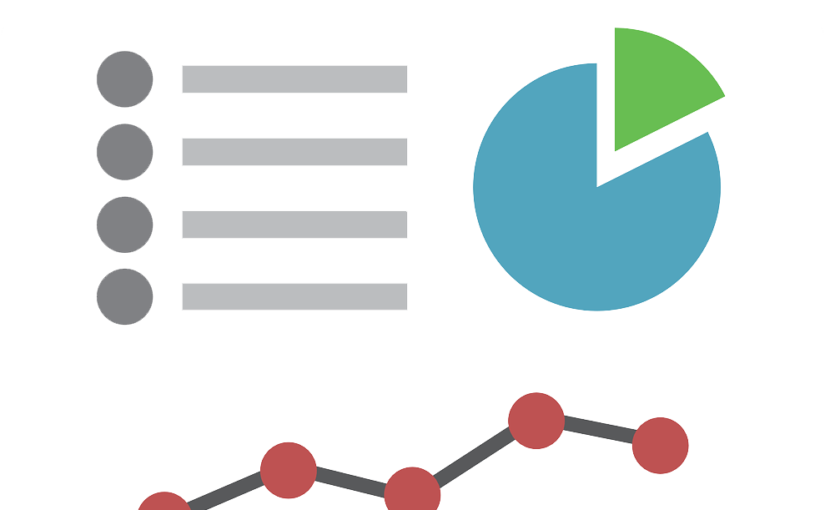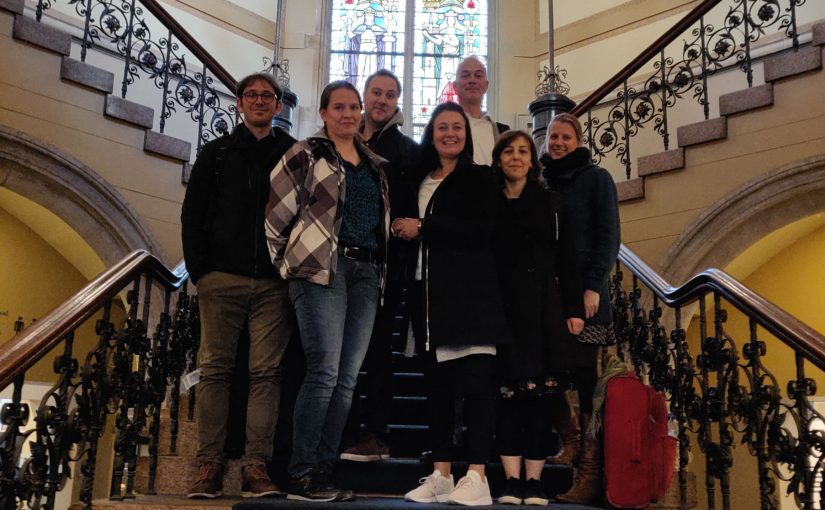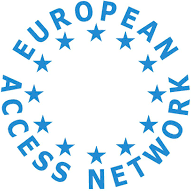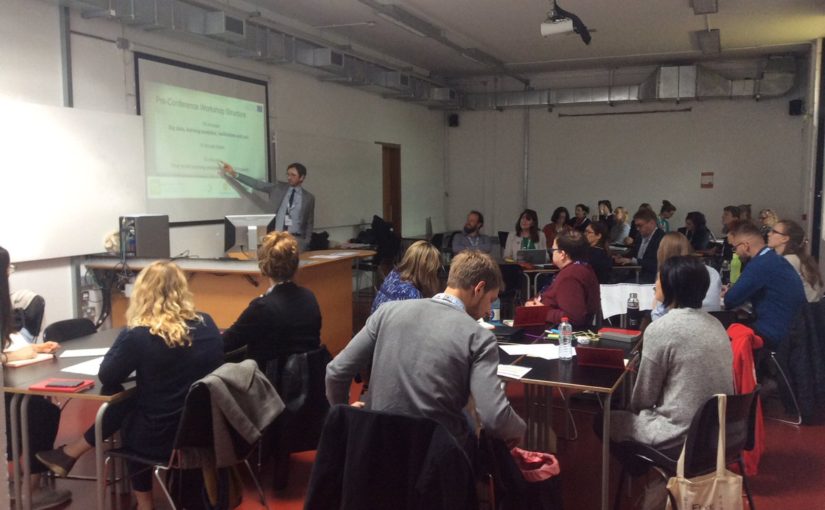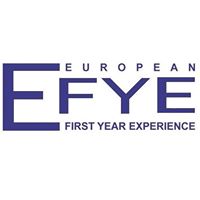We recorded the webinar on our literature review and have made the video available. Feel free to relive our webinar here! Also our webinar presentation has been made available for you.
Author: Pieterjan Bonne
Webinar – Making data effective
On June 26th from 12h30 to 13h30 CEST, we will host a webinar on making data effective. In our work, we try to answer questions like:
- How do we use existing institutional data to develop early warning prompts to identify students in need of help?
- How do we communicate most effectively with these students so that we can increase the likelihood of them making contact with an adviser or tutor?
- How do we improve the quality of the conversation and subsequent support?
This webinar introduces 10 pieces of advice from our literature review on approaches to offering advice to students. In around 30 minutes, we will walk you through the pieces of advice in 4 categories.
- Context and pedagogy (link to my institution)
- Data (collection and usage)
- Communication (to students)
- Intervention (conversations with students)
Afterwards we will hold an open Q&A session of 30 minutes with questions.
Register here before June 25th – 17h CEST
First intellectual output shared
Discover 10 pieces of advice based on an analysis of good practice, to use learning analytics effectively in a higher education institution that not only wants to gather data but also wants to support students. The literature review is available in the intellectual outputs section.
Transnational meeting 2 – catching fire
We have finished our first year on the project and have gathered some results. In this transnational meeting we discussed how to finalize the input of the three different institutions in order to be able to deliver something useful and easily readable for other institutions as well. Next to that, we reread our original proposal to see if we were still on target, both in the content as for the the practical/financial.
The conclusion of the meeting? We are on track, speeding up the interventions in our institutions and still happy to work together.
Learning Analytics: Innovative Practices
OfLA project participated in the (Irish) National Forum’s webinar ‘Learning Analytics: Innovative Practices’. A recording is available here. This is their second learning analytics seminar, with presenters from Irish and European higher education. Each presenter offered brief but highly informative and thought-provoking presentations on the innovative practices relating to data-enabled student success that they are currently engaged in.
Drivers for change – EAN conference on data
The 28th annual EAN conference focused on drivers for change and tried to reconcile policy and practice. During the conference, data was only briefly touched upon, despite its enormous potential for both. And whereas we saw data is common in policy, the translation to and use in action often lags behind.
At the panel discussion on the opening day with Mary Tupan-Wenno, Frank Tuitt and Tia Brown McNair, data and evidence-based practice were challenged in a question by the audience. The panel responded with strong support. We should avoid that students are our ginny pigs, but also that we stop at just the data. oing something, or “swinging the bat” as said by Tia Brown McNair, with the data is most crucial.
During the closing key note Orhan Agirdag touched upon differences and how not to shy away from using them to inform students that these might imply challenges for them. Also here, data needs to be translated into action.
Webinar scheduled!
The National Forum announces the second in a series of learning analytics webinars. And we are invited speakers! The webinar will take place on Wed, 6th November from 12:30-13:30 (Standard Irish time so 13:30-14:30 GMT+2). Further details including registration info will be available in due course on teachingandlearning.ie/event/webinar-
Will you listen in?
Pre-conference session EFYE
At the 2019 EFYE conference, OfLA project was presented during a pre-conference workshop. During the workshop, participants from more than 10 countries discussed the three-phase model: data, communication, and intervention. The workshop yielded some interesting results for the continuation of the project. Three conclusions stand out.
A first conclusion from the workshop is the diversity of the involvement in LA. Some institutions have taken major steps and initiatives, others haven’t even considered working with data in a more structured way. And everything in between.
A second conclusion links to the importance of the (national or even institutional) context. The openness to data, the pro-activeness to intervene, the manner of intervention, what data are considered as important, etc. all depend on the context. The project will have to frame its results clearly and think about transferability.
A third conclusion is found in the approaches to data. Practitioners seem to balance on a thin line between fear of using data and understanding the necessity. Ethical considerations (bias, privacy) as well as workability and perceived added value all contribute to the chasm.
OfLA project would like to thank all participants for their insight, involvement, and participation. Much to think about while summer breaks are approaching.
European network growing
During the EFYE conference, we were able to connect with European colleagues working on similar issues. For the workshop we collaborated with Lee O’Farrell from the Irish National Forum for the Enhancement of Teaching and Learning in Higher Education, that has many materials available on their website. Great participation came from the Finnish participants. Erkki Härkönen pointed us to the interesting work of a national project.
EFYE – Pre-conference workshop
Our abstract for the European First Year Experience was excepted. Even better, they found it so relevant, they asked us to make a pre-conference workshop (which gives us more time and less overlap with other sessions). We are to engage with the participants based on the steps of our project (data/prompt, communication and intervention) and the interviews with stakeholders (mostly management staff and lecturers working with data) we are conducting. We will end with pieces of advice based on the literature review and the preliminary results of the interviews. Excited to go to Cork to the conference!
